Placing civic education at the centre of building a ‘politically competent’ nation
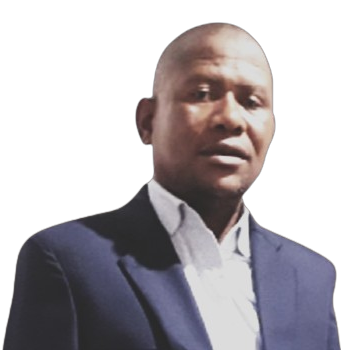
Mr Mzimkhulu Sithetho
Managing Director of the Governance Institute for Sustainable Development and Editor-In-Chief of thizkingdom.com
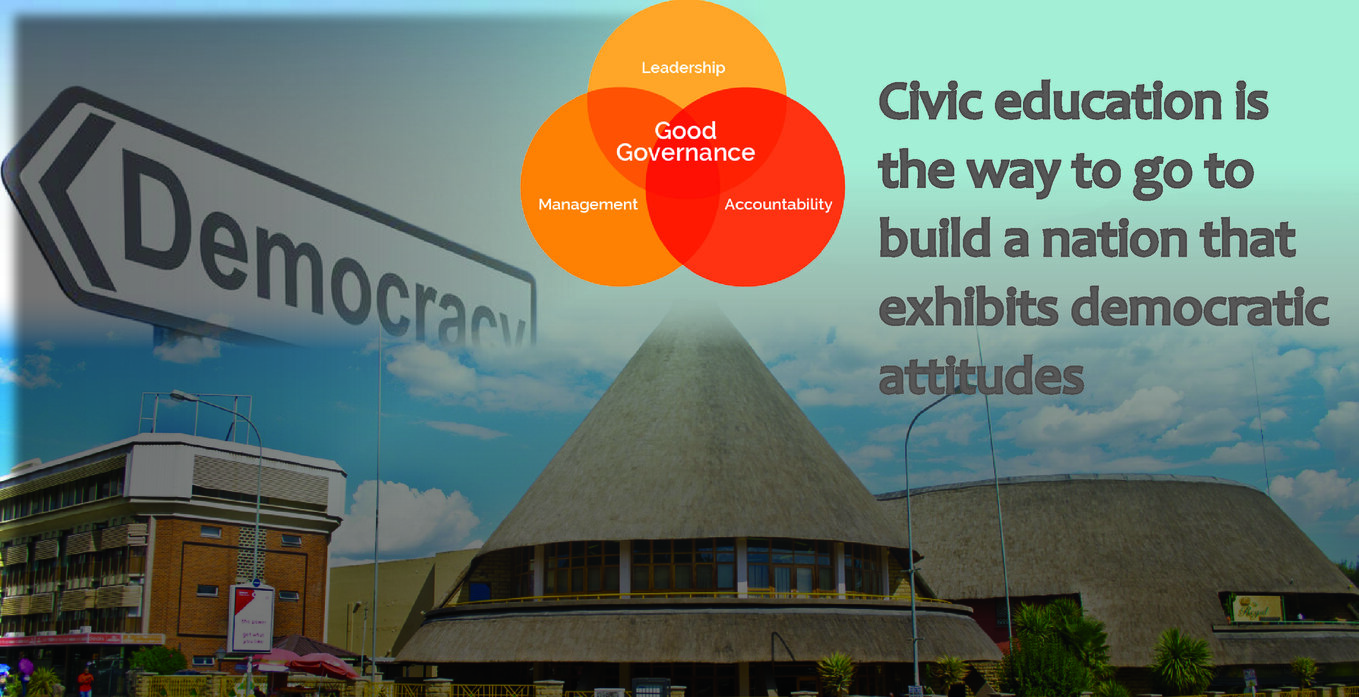
Analysing the role of civil society, media and political experts in imparting civic education to the nation,
Building a ‘politically competent nation,’ a nation that is able to interrogate national issues and generate consensus.
Introduction
The political trajectory that Lesotho has traversed in the many years since independence has definitely had an effect on the character of its politics. The episodes that the nature has experienced have shaped the political life of the nation.
A political life is defined as ‘the package of experiences that are characteristic of a nation; in relation to the manner power is achieved and used in a country or society.’
The political life of a nation shapes it into a certain political society.
Lesotho has experienced a one-party state since 1970-1985, a military junta from 1986-1992, multi-party democracy in 1993-todate.
Since 2002, within the multi-party system created since 1993 elections, Lesotho adopted a reform to its main institutions - military, police and the civil service.
Voting patterns as a factor of the political life of a country
The 2007 elections ushered in a strong opposition, which reduced the hegemony of one political party, which had dominated the political landscape of the country.
The birth of the All Basotho Convention (ABC), ushered in a new page in the politics of Lesotho.
The 2012 elections became a launching pad for coalition arrangements in Lesotho, ending the monopoly of one political party, which had been winning a landslide straightforwardly.
In 2012, the voting population of Lesotho brought a new phenomenon in the political of Lesotho, by adopting a voting pattern that saw no single political party mustering enough votes to form a government on its own.
While the number of political parties contesting elections contributed as a factor to the splitting of votes in that election, the voting patterns of voters influenced the outcome of the election.
Voters scattered their votes across the contesting parties such that none of them obtained a majority of seats in parliament, causing a hung parliament.
Contesting parties were forced by the outcome of the election of that year to engage in a courtship spree in an attempt to form alliances that would result in a coalition government.
The courtship across the board, resulted in a coalition between the ABC, Lesotho Congress for Democracy (LCD) and Basotho National Party (BNP), which became a governing coalition from 2012-2014.
However, rifts among the ruling coalition partners destroyed the coalition arrangement to the extent it collapsed the government, heralding a snap election in 2015.
The voting patterns of voters have since shaped the formation of government in Lesotho from 2012-2017.
Though there were no elections in 2020, political parties that had participated in the 2017 election formed a new government, using the people’s votes for their own political interests. Thanks to the Ninth Amendment to Lesotho’s Constitution, whose main thrust was to cushion the parliament from early dissolutions necessitated by a motion of no confidence against the government.
The Amendment also introduced other constitutional changes to the Constitution such as the prorogation of Parliament, the Prime Minister's resignation for personal reasons and the creation of a caretaker government.
A critical question is whether the voters were intentional in bringing about the election outcome as they did in 2012 or did it come accidentally.
If it was a conscious decision of the voters to change government by scattering the votes across contesting parties, then they were political competent to change the regime then through their votes.
Part of this critical question is whether the voters were able to interpret the manifestoes flaunted by the contesting parties then and were able to make informed decisions based on the manifestoes.
If they indeed interpreted the manifestoes and decided to vote based on the content of the manifestoes, then the Basotho voting population had become politically competent to dictate who become their leaders after elections.
However, voting is not the only determiner of a nation’s political maturity. The manner the voters cast their votes and breed a certain government is just part of the equation of the general political life of a nation.
Ability of voters to influence and shape national policy direction
A nation that has the capacity to shape the direction of the national policy on various areas is politically-mature.
The ruling elite can, seeking to suit their political interests, which may be alien to those of the national, formulate policies which are not for the benefit of voters.
It is undeniable fact that politicians are sometimes selfish and pursue a policy direction that, in the short-term, favours their narrow interests. For example, the political elite may refuse to reform a foreign policy that dictates that deployment of people to serve in foreign missions be based on merit.
The basis for their resistance to reform the foreign policy in that regard is that they want to deploy their political loyalists, who supported them during electoral campaigns.
Therefore, they fear that if they do not use the deployment of people to foreign missions abroad as a carrot, they may lose the next election. This is because those who worked hard to campaign for politicians will ditch them for other parties if there is not direct and personal benefit coming their way.
But if the voters are politically-competent, they will understand that it is wrong for governing parties or a coalition of parties to advance these opportunities in favour of its own party members. This is usually done to loyalists, to the exclusion of other members of society who do not belong to the ruling party.
The voters will demand that a policy on deployment of people to serve in the foreign missions be reformed so that it is dispensed on meritocracy instead of partisan considerations, not only when they are not favoured by the policy.
Ability of voters to engage in national dialogue and creating consensus on national issues
Consensus is built over time when members of society engage in national issues, interrogate them and finally unanimously agree on the direction that has to be taken. Consensus is the general agreement among citizens on national issues without voting. Consensus does not come about naturally, but a lot of work has to go into creating it.
Civil society organisations should engage citizens on the national policies by leading the national discourse and interpreting and interrogating various standpoints on national policy issues for the benefit of citizens.
The citizens on the other hand must also be willing to engage in the national discourse, learn in the process and utilise the knowledge obtained to information their causes of action, including making informed voting decisions.
It would not help if citizens are beholden to their political party leaders and get indoctrinated with their political propaganda.
It would be a liability on the side of citizens to only praise their leaders for their actions and dispel any notions of change of mind-set against their political class leaders.
The media should also play its role of selecting critical policy issues on behalf of the citizens, performing the agenda-setting function within society.
As an agenda-setter, the media should analyse policy issues and bring them to the attention of citizens, develop scripts that help them interrogate the policy issues for the citizens.
Gradually, the citizens realise the value of participating in the national discourse, analyse the critiques presented by civil society organisations and the media as well as political pundits. By these, they build their political education; hence become a politically competent and mature society.
Strategic leadership of the political class to take the nation towards a political destiny they want
The political class - either in government or in opposition has a pivotal role in leading the nation towards a political discourse so that they understand the face, character and shape a democracy that they want.
The political class in government brings to the fore, policy issues emanating from the manifestoes they sold ahead of elections.
Those in opposition have a role to play in shaping the political discourse by presenting attentive policy scripts to the nation, in preparation for winning the next election.
Gradually, even if the nation is not yet ripe to elect political parties and leaders without recourse to manifesto content, the continued discourse could transform the polity of the country.
With civic education consistently imparted on the citizens, they are finally educated to consider the policy prescriptions in their choice of political leaders.
Both ruling and opposition party leaders have the power to sway citizens to their fold by strategically placing at the disposal of the votes, those critical issues that appeal to their needs and aspirations and seek to drum up support for them.
When they do so continuously and consistently, the political competence of the citizens is created, as they acquire political skills, which they use in their political minefield.
Then they will be able to associate across all levels, in so doing, reducing intra and inter party conflicts which tear political parties apart. This is a result of a poor democratic practice within and among political parties.
The vibrancy of civil society, the media and political pundits in shaping public opinion
Non-state actors such as civil society organisations, the media and independent political commentators add value to shaping public opinion for the good of the citizens.
A synergistic combination of the three agents of the non-state actor sector working towards giving direction to national policy through open dialogue and forums can help build the much-needed discourse and build consensus on national policy.
Continuous and consistent presentation of national policy, it’s unpacking and interrogation can have greater impact on citizens.
It can help the gullible voter population to consider options presented to them by civil society, the media and political pundits.
Most Read
The RFP and its governing partners walk a tightrope on the Local Government Elections
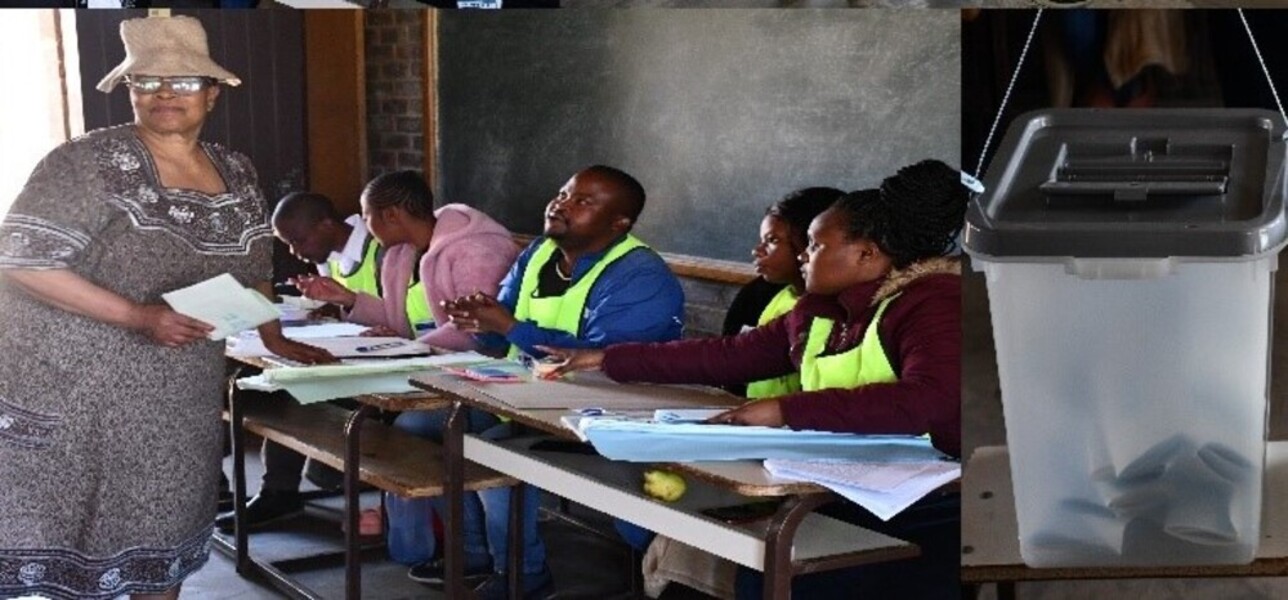
New coalition government-in-waiting unveiled
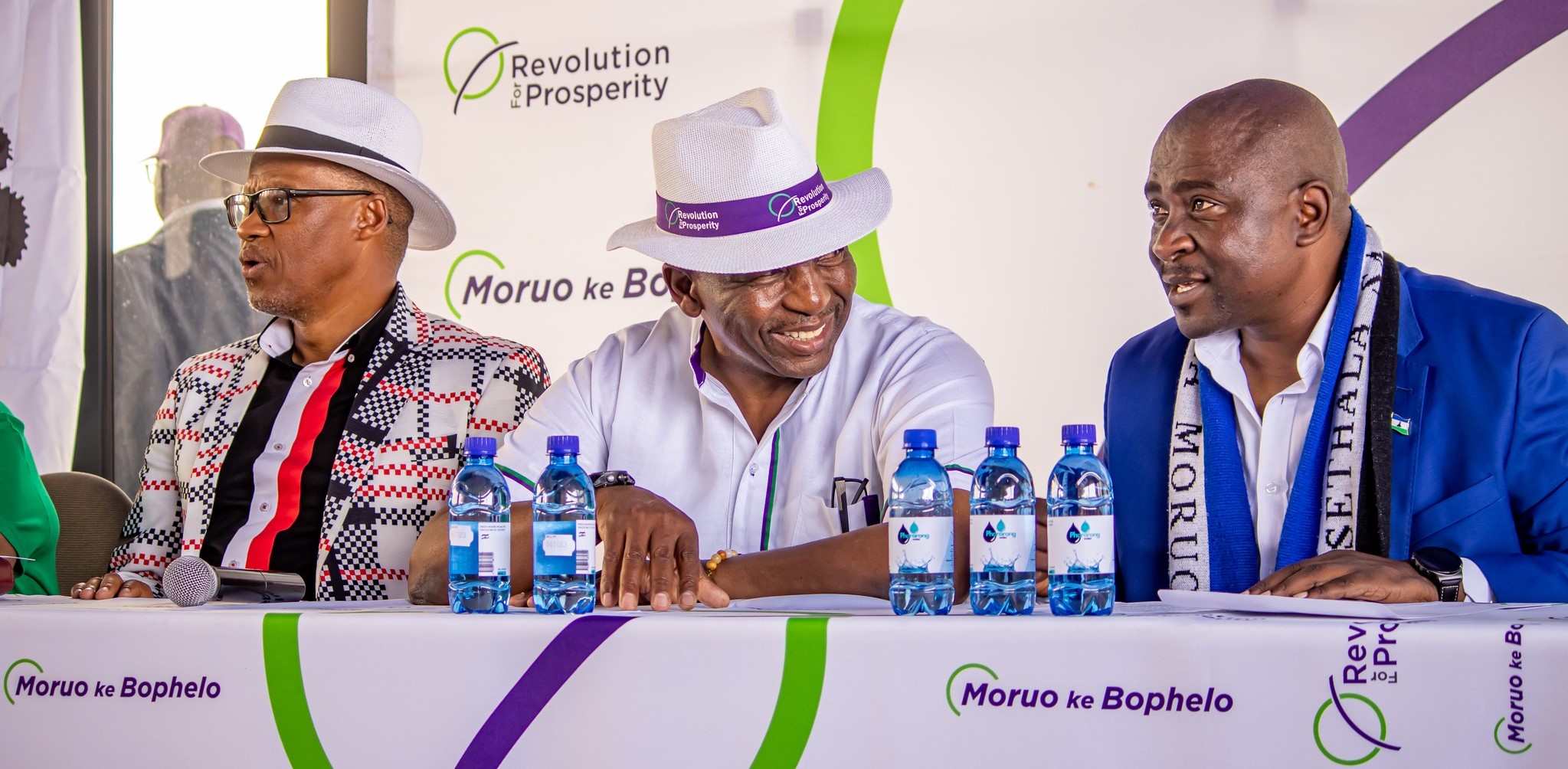
A bipartisan arrangement is ideal for the reforms:

Related Stories
A bipartisan arrangement is ideal for the reforms:
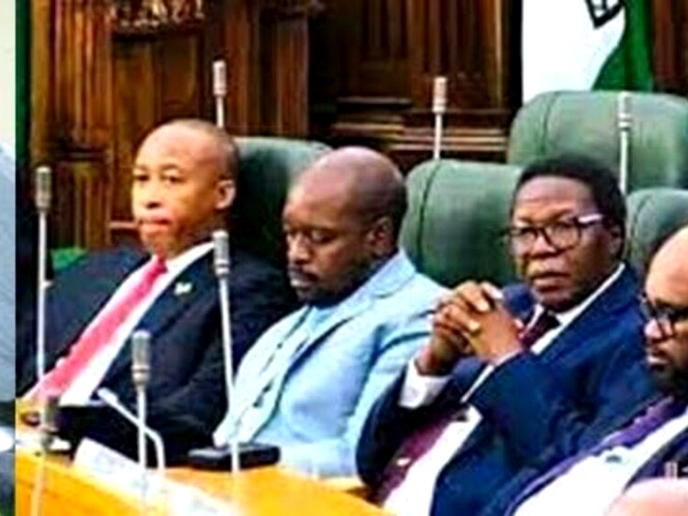
The Lusaka Declaration 2023 at a glance:
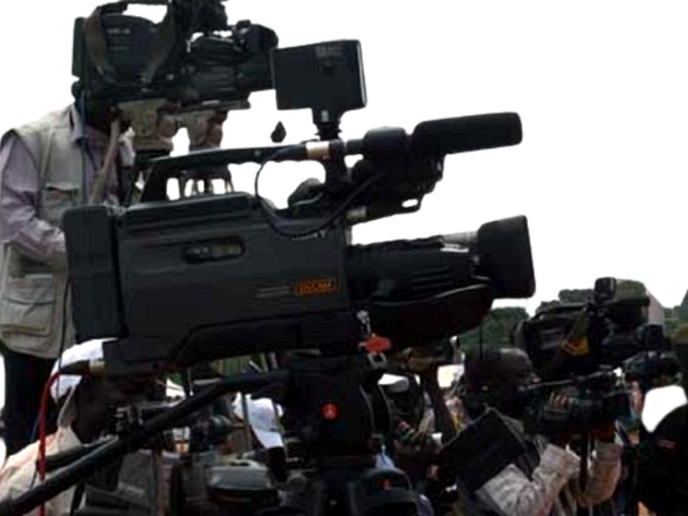
The opportunistic character of Lesotho’s politics foils a no-confidence vote:
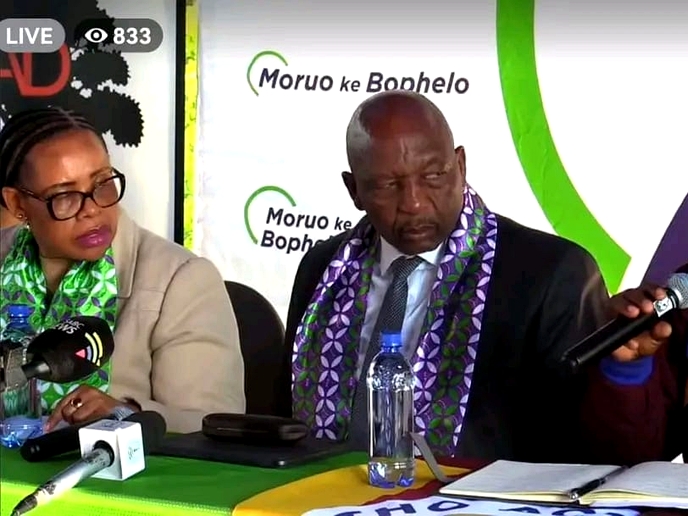
Opinion Vote Polls
Do you think the existing government is going in the right direction to benefit the people of the country?
Subscribe for your daily newsletters
Enter your email to subscribe to our newsletter.

